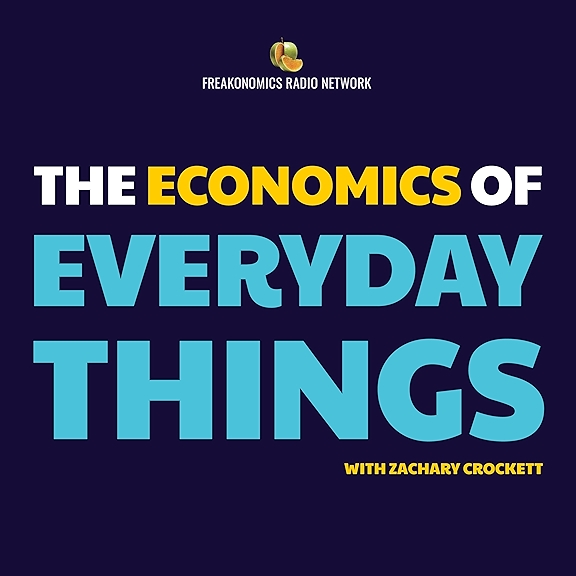
Episode 4 - Accreditation Matters : Our Role in Enabling the Circular Economy
When we talk about circular economy, as we all know it is an alternative to highly extractive and resource intensive linear economy principle which replaces the end of life concept with three Rs concept and focuses on the usage of selection of materials, products, processes for waste elimination. It aims at retaining value of resources, products and materials by using them as long as possible and minimizing the wastage of the life cycles and at each life cycle stage. And there is no denying that the implementation of circular economy approaches can in fact lead to material cost savings and increase the profits. So when we look at the global communities stand it is nothing but for the economic growth which comes at an ecological cost there is a need that we introduce this concept of circular economy so that we have a potential to provide new opportunities for trade and create jobs. As well as the global corporations are expanding I would like to emphasize that TIC sector and the accreditation community plays a critical role in positioning at the center to facilitate this transition to circular economy which requires the role of TIC sector standards, accreditation community, different stakeholders in this whole ecosystem so that these sectors can contribute as an independent third party to verify the circular economy claims made by the manufacturing companies as well as instill trust among the relevant stakeholders. The Host of this episode of Accreditation Matters Podcast is Dr. Aparna Dhawan and our two guests are Dr. Bernardo Calzadilla-Sarmiento and Dr. Stephanie Vehring.




















